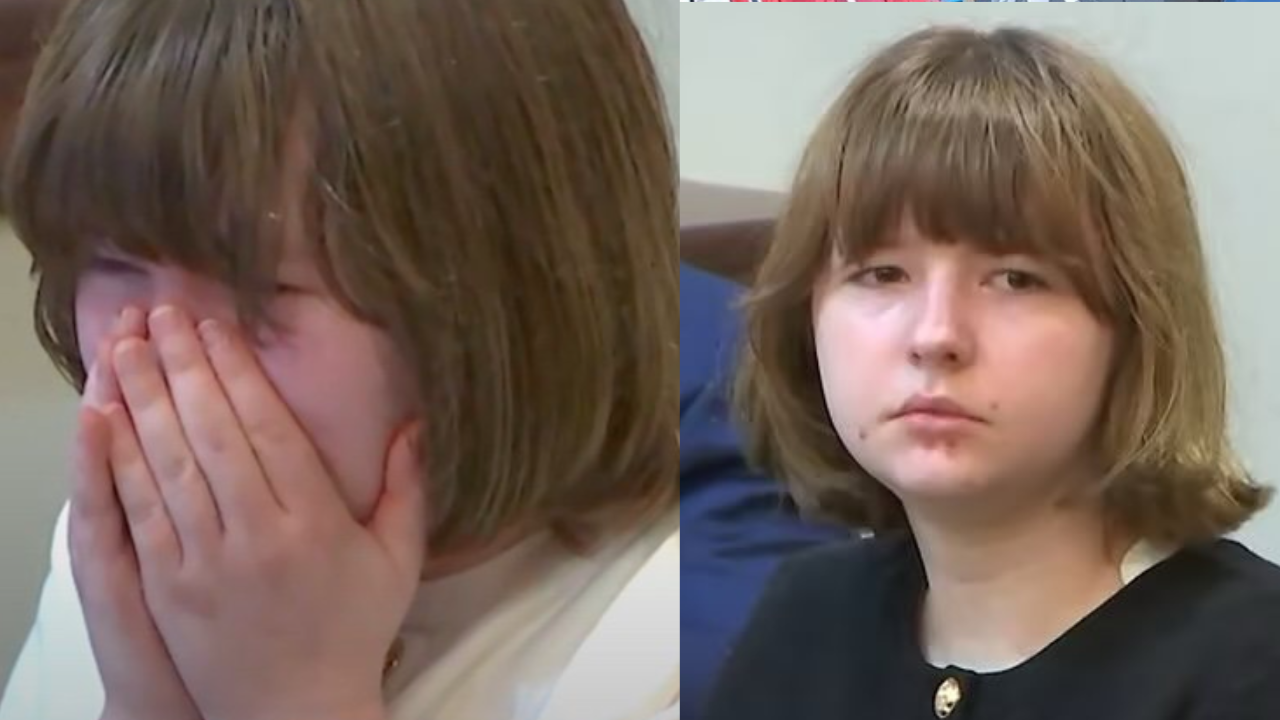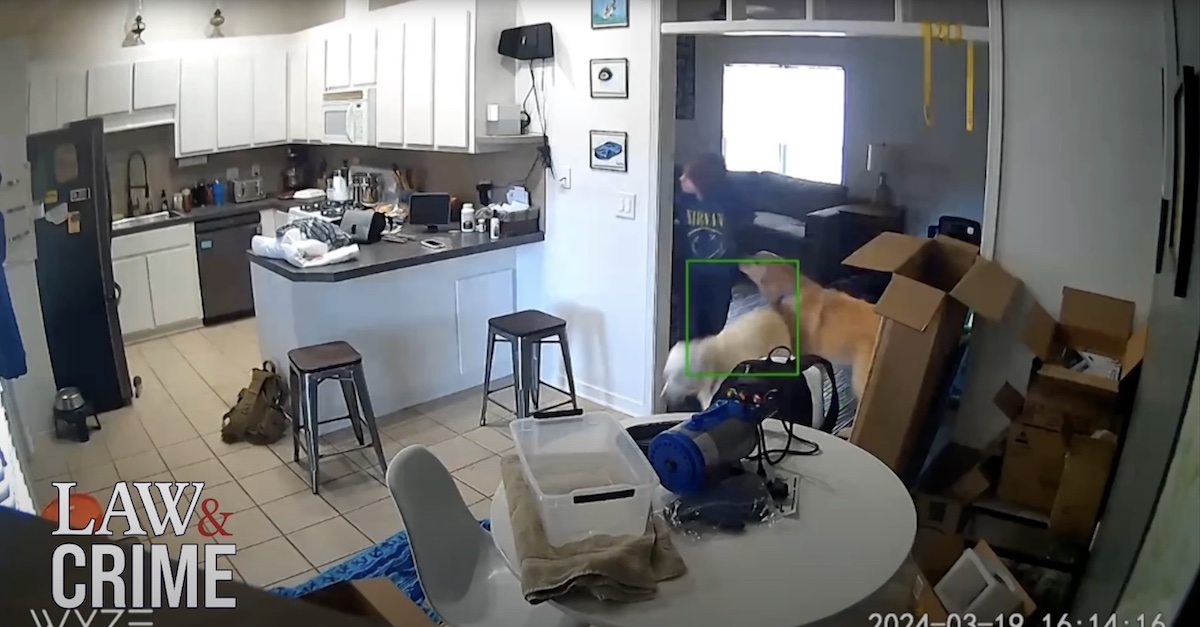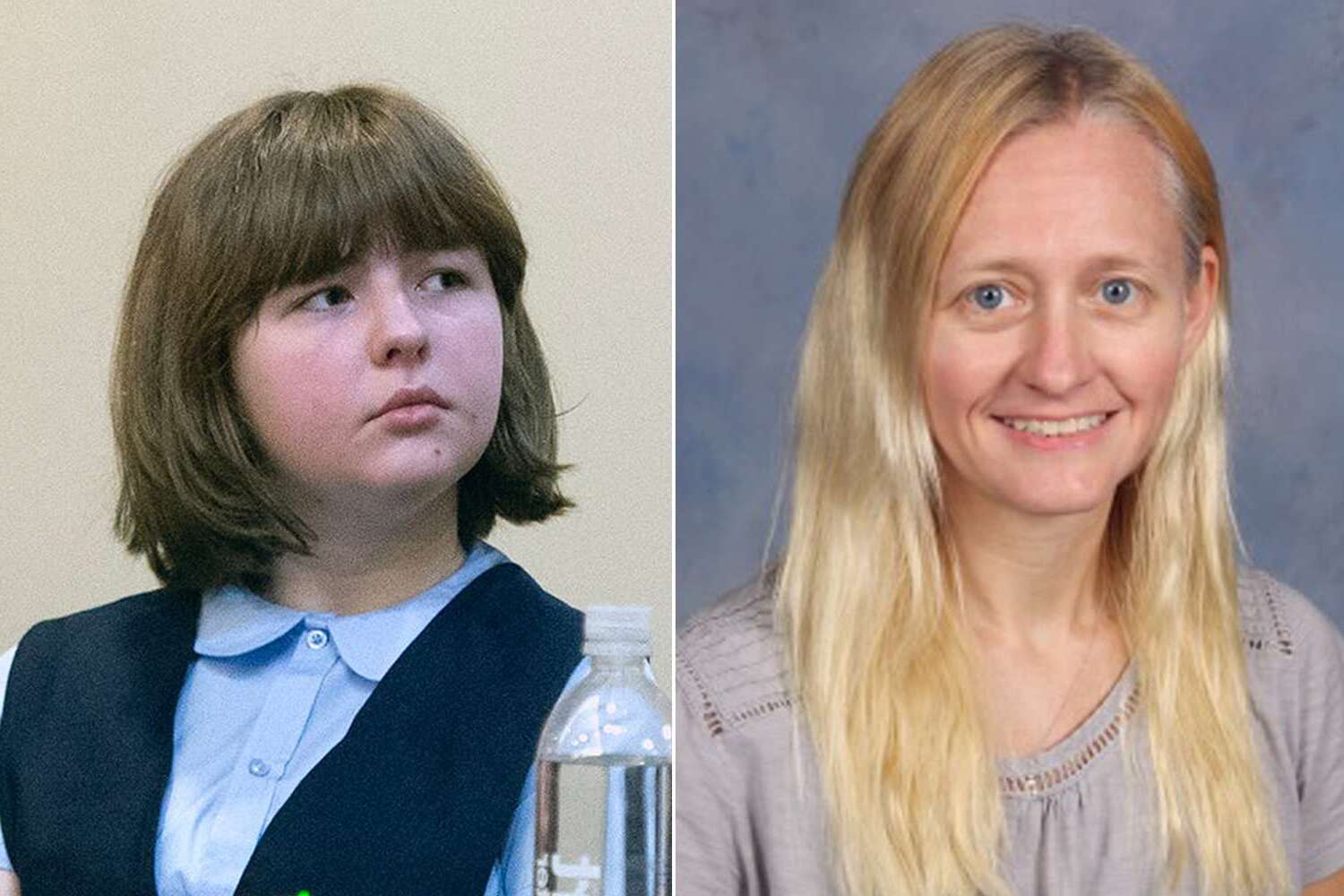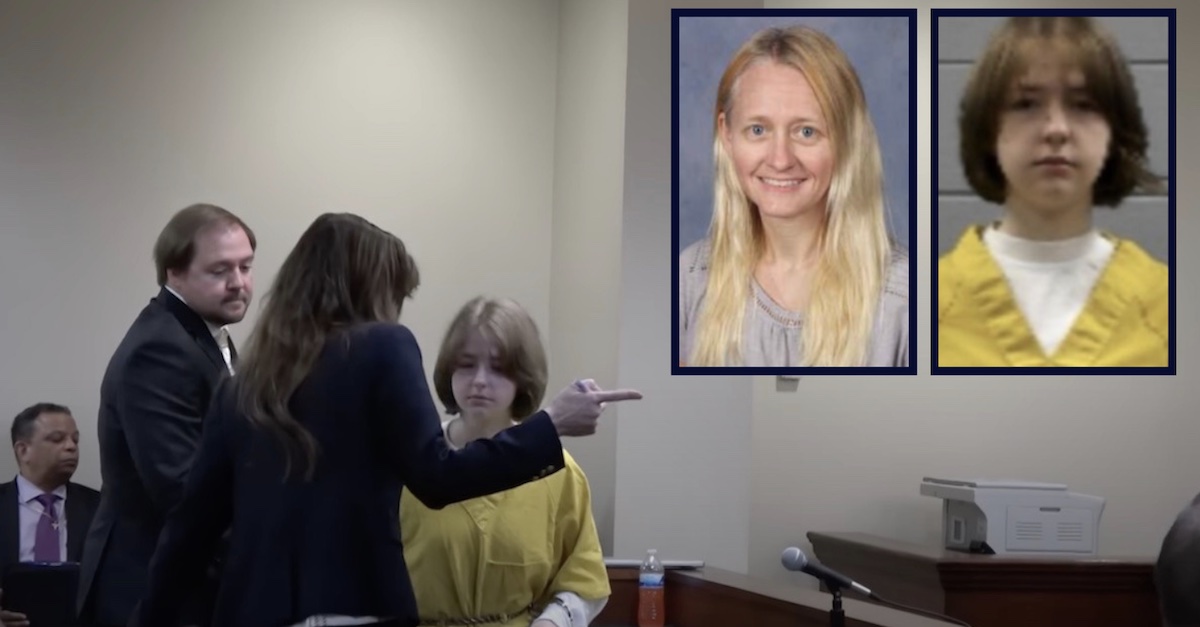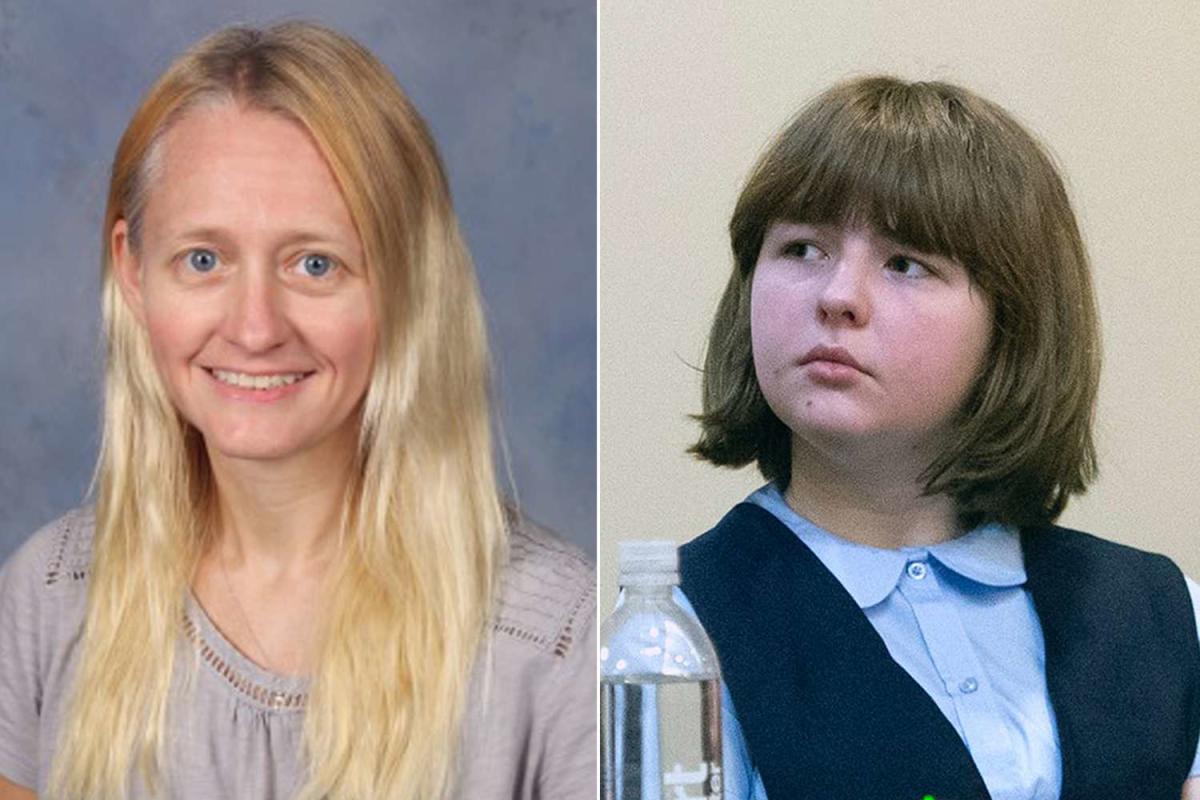Teenage Murder Suspect's Mental Health Crisis Takes Center Stage in Trial
In a shocking turn of events, a psychiatrist took the stand in the trial of teenage murder suspect Carly Gregg, testifying that she was in the midst of a mental health crisis when she allegedly committed the crimes that left her mother dead and her stepfather injured. This revelation has raised questions about Gregg's state of mind at the time of the shooting and has sparked a national conversation about the intersection of mental health and crime.
According to the psychiatrist's testimony, Gregg was struggling with several issues in the months leading up to the shooting, including a deepening mental health crisis that left her feeling desperate and helpless. The psychiatrist pointed to Gregg's journal and sketchbook, which were presented as evidence in the trial, as proof of her deteriorating mental state. "Please help me," Gregg had written in her journal, a heartbreaking cry for help that underscores the severity of her mental health struggles.
A Desperate Cry for Help
The journal and sketchbook offer a glimpse into Gregg's inner world, revealing a young woman struggling to cope with the pressures of adolescence and the traumas of her past. The entries are a poignant reminder of the vulnerabilities of the teenage mind and the devastating consequences of untreated mental illness. As the psychiatrist testified, Gregg's writings demonstrate a clear cry for help, a desperate plea for someone to intervene and save her from the darkness that was consuming her.
The journal entries also suggest that Gregg was aware of her own mental health struggles and was desperately seeking help. However, it appears that her cries for help fell on deaf ears, and she was left to navigate the treacherous landscape of her own mind without adequate support or guidance. This raises serious questions about the resources available to teenagers struggling with mental health issues and the need for greater awareness and understanding of the complexities of the adolescent mind.
The Complexity of the Adolescent Mind
As the trial continues, it is clear that Gregg's case is not simply a matter of guilt or innocence, but a complex exploration of the adolescent mind and the factors that contribute to violent behavior. The psychiatrist's testimony highlights the importance of considering the nuances of adolescent development and the impact of mental health on decision-making and behavior. It also underscores the need for greater understanding and compassion in our approach to young people struggling with mental health issues.
Ultimately, the outcome of Gregg's trial will depend on a careful consideration of the evidence and the complexities of her mental state at the time of the shooting. However, regardless of the verdict, it is clear that this case has raised important questions about the intersection of mental health and crime, and the need for greater awareness and understanding of the challenges faced by teenagers struggling with mental health issues.
#CrimeAndMentalHealth




